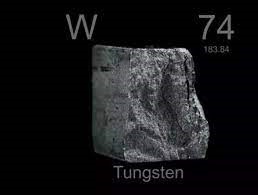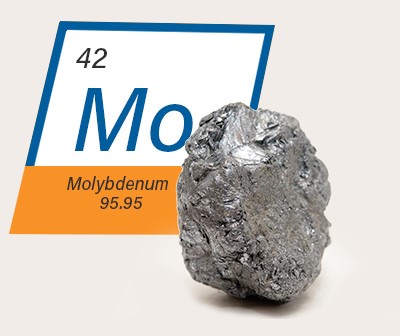Zhuzhou Weilai New Materials Techonology Co., Ltd
Tel:0731-22160654
Mobile:
+8615773363955(Mr. Duan)
+8615200507438(Ms.Zhang)
E-mail:sales@rheniumcn.com
Fax:0731-22160654
Address:No.103, Building 2, Tiantai
Jingu Industry Park, Tian Yuan
District,Zhuzhou,Hunan,China
Refractory metals mainly include tungsten, molybdenum, chromium, vanadium, zirconium, and titanium, (actually the melting point of rhenium is also extremely high, but Its reserves are too scarce, most of which are used for the high-temperature alloy parts of the jet engines).
The most commonly used refractory metals are tungsten and molybdenum. Here to explain the two commonly used (tungsten, molybdenum) refractory metal properties.

Tungsten is a commonly used refractory metal, with a melting point as high as 3410±20℃, silver white, and like the appearance of steel. Tungsten has high hardness, low vapor pressure, and low evaporation rate but also has stable chemical properties. Most acids and bases have only a slight effect on tungsten. Hydrogen, water, or dilute acids do not affect tungsten at all. Corrosion occurs only in hot aqua regia and in a 1:1 mixture of hydrofluoric acid and nitric acid. Tungsten has a high hardness and melting point, so it is difficult to process and form, but it is easy to weld flake or filamentous tungsten. Therefore, tungsten is often used in vacuum systems for electron emission filaments, cathodes of X-ray tubes, spring components, high-temperature thermocouples, evaporating dishes of furnaces, and welding electrodes.

Molybdenum is a refractory metal with high hardness, non-magnetism, and stable chemical properties. The melting point temperature is 2620oC. At high temperatures, molybdenum will be oxidized at 520oC slowly, and at more than 600oC begin to oxidize rapidly, while at room temperature or not too high temperature, molybdenum is stable in air or water. When it comes to corrosion resistance, molybdenum is only corroded by a hot dilute hydrochloric acid solution and a 1:1 mixture of hydrofluoric acid and nitric acid. In vacuum applications, molybdenum is heat-treated or added with niobium to improve its tensile strength. Molybdenum is commonly used in the form of rods, cylinders, bolts, nuts, and heating coils, but also can be used as glass and metal sealing, vacuum electric furnace evaporation dishes, and various vacuum device electrodes.
Address:
No.103, Building 2, Tiantai Jingu Industry Park,
Tian Yuan District,Zhuzhou, Hunan, China.